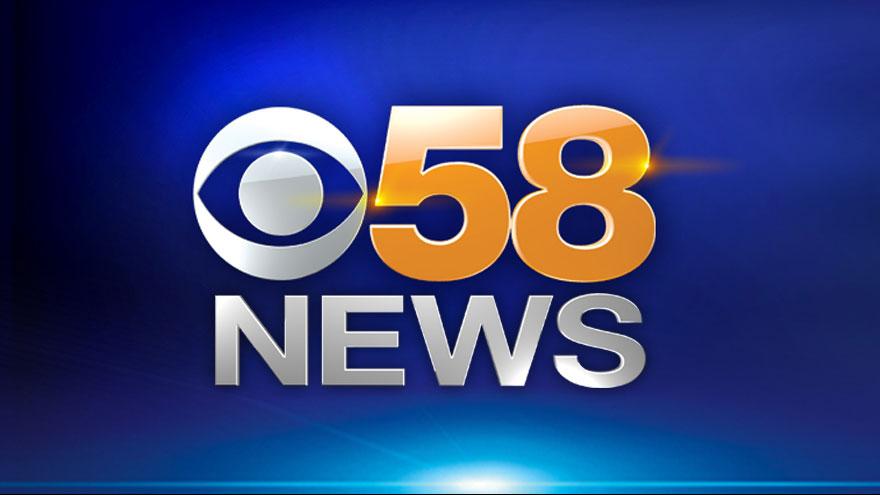Northwestern football players make argument for union
Posted: Feb 26, 2014 3:19 PM CDT | Updated: Nov 5, 2014 1:37 PM CDT

CHICAGO (CNN) -- Which comes first, football or academics?
That's the main argument during a weeklong hearing before the National Labor Relations Board in Chicago as Northwestern University tries to stop its football team from unionizing.
The players are trying to prove that they are employees of the university who are forced to put football first or risk losing their compensation -- in the form of free tuition.
The university is sticking to the century-old collegiate athletics stance: that student-athletes are students before they are athletes.
If the athletes win, they would set a precedent that could turn the NCAA on its head.
It would allow the players to demand things like more concussion testing, medical care after they graduate, guaranteed scholarships and even a portion of the multimillion-dollar profits that most Division I NCAA schools make off of the profit sports.
\"Comprehensive reform will always be elusive unless players have a seat at the table, just like the NFL, just like the NBA,\" said Ramogi Huma, president of the College Athletes Players Association, which is representing the players.
This idea came from outgoing Northwestern quarterback Kain Colter, who is now at the NFL combine.
Colter testified at the hearing that he loved his experience as an athlete at Northwestern, but the picture he painted was a dim one for believers of the idea that student-athletes are students first.
He said football was dominating his college experience, consuming up to 60 hours a week during the season and up to 20 hours the rest of the year, he said. He and his teammates never got summer and winter breaks, couldn't schedule certain classes and were required to adhere to dozens of rules or risk losing their scholarships.
\"We are first and foremost an athlete,\" Colter testified. \"Everything we do is scheduled around football. ... It's truly a job.\"
In fact, Colter said the No. 1 complaint by graduating seniors on the team was that football's rigorous schedule kept them from reaching their academic potential.
But as the hearing wrapped up Tuesday, three other former Northwestern players -- Doug Bartels, Patrick Ward and John Henry Pace -- took the stand in defense of their alma mater, all saying they were able to succeed academically despite the demanding hours.
\"I think our former students were very good spokesmen for the really terrific educational opportunities they had at Northwestern,\" university spokesman Alan Cubbage said. \"They spoke very well on the priority in academics, not just at the university but in the football program itself.\"
Head coach Pat Fitzgerald also testified last week, saying that his program keeps academics as a priority, even though he did acknowledge that football is a full-time commitment \"from a responsibility standpoint.\"
Probably the most powerful argument the athletes have made is one for better medical coverage. Colter, who had ankle surgery last month because of a football-related injury, walked into court sporting in a medical boot and then talked on the stand about how Northwestern is disputing how much it will pay for his medical bills.
And former Northwestern player Jeff Yarbrough said he went from being one of the fastest teens in the state of Illinois to not being able to run because he can't afford to remove metal rods placed in his leg after an on-field injury.
But Northwestern University argued that it's the wrong institution to single out for a change like this.
\"Northwestern is not a football factory,\" university attorney Alex Barbour said. \"Northwestern is having difficulty understanding why it was even chosen as the test case. ... The experience of a football player at Northwestern is part and parcel of his overall educational experience.\"
As evidence of that, university lawyers also pointed out that Colter has told several news outlets that the idea to push for a union came to him during one of his classes, something Colter tried hard to back away from in court.
Still, he offered some powerful insight into the controlling world of college athletics.
\"You have to sacrifice something,\" Colter said. \"And you're not allowed to sacrifice football.\"
The hearing is expected to last through the end of the week, with more testimony from experts from both sides. The labor board's regional director then has 30 days to make a decision.
